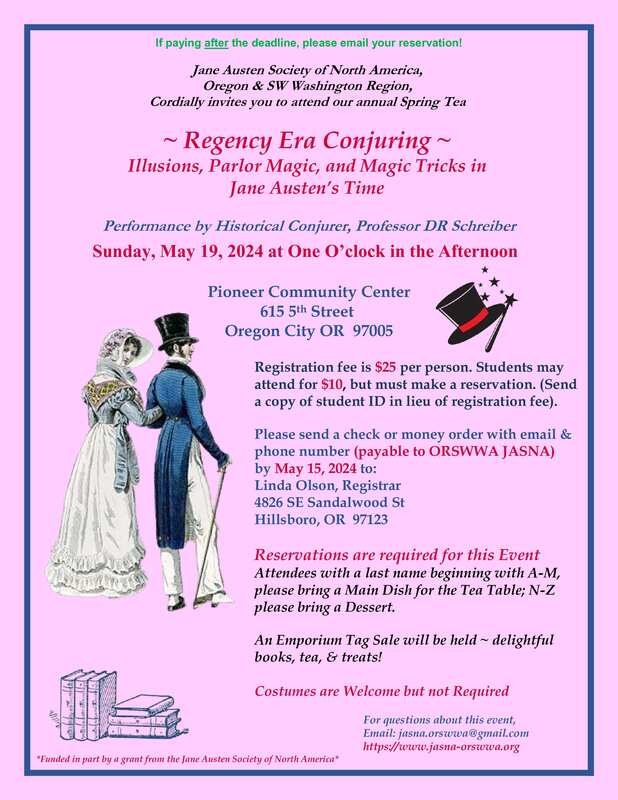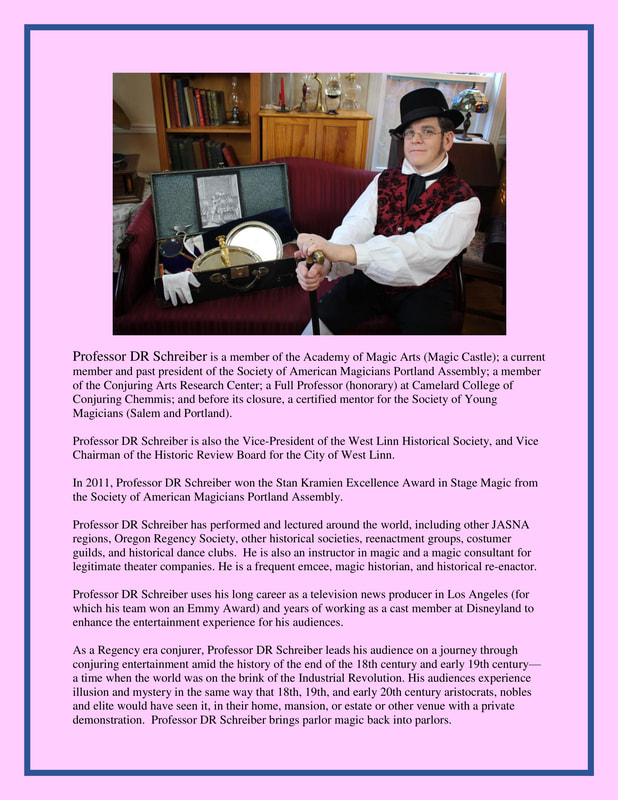Paula is a native of Spokane, Washington, where she attended Marycliff High School and earned a B.A. Degree in English Literature from Fort Wright College. She then earned an M.A. Degree in Journalism from the University of Missouri at Columbia before moving to Longview, Wash., where she was a reporter for The Daily News for 15 years, most of that time as business/industry reporter.
After returning to the University of Missouri as a Davenport Fellow in Economic and Business Reporting, she became the Pacific Northwest correspondent for Dow Jones NewsWires, and later a Pacific Northwest reporter for The Wall Street Journal and Dow Jones NewsWires.
In a career shift in 2008, Paula returned to graduate school and earned a MA in Teaching from the University of Portland. For the next 14 years, she taught Language Arts to Middle School students at St. Rose School in Longview, where she continues to teach Art Appreciation as a volunteer.
As a volunteer, Paula has worked with many groups and organizations. She has been on the board of LifeWorks of Cowlitz County since 2014. She is the Cowlitz County representative on the board of the ARC of Washington and is a volunteer for the Special Olympics. She is a volunteer for Child Advocates of Cowlitz County, and she is also on the board of Trustees of the Longview Public Library.
Paula is a co-founder of St. Elizabeth Ann Seton Catholic High School in Vancouver, Washington, as well as a co-founder of The Burney Society, an international literary society dedicated to the study of Frances Burney d’Arblay, Jane Austen’s literary predecessor.
Paula is also one of our region's founding members. Paula read about JASNA in the New York Times in about 1983 or soon after it was founded. She wrote to the JASNA President and asked if there were other JASNA members near her. The JASNA President gave her the name of Mary Margaret Benson of Linfield, OR. Paul contacted Mary Margaret Benson to see about forming a region in Oregon/SW Washington.
They held the first Oregon & SW Washington meeting at Mary Margaret's house in Linfield in 1984. Frank McClanahan (Mary's husband) was there and a few others. Paula also helped to set up the reading groups and spoke at many of the early meetings in the 1980's and early 1990's.
Additionally, Paula was the editor of JASNA News for seven years from 1990-1997, and also served as an ex-officio member of the board of the Jane Austen Society of North America during that time.
Paula served on the organizing committee for the 2010 Portland AGM. Her chief involvement was to set up the Lit Chicks exhibit at Multnomah County Library. The display of caricatures, books and manuscript letters was all from her collection and that of her sister and her husband, who own the Jane Austen first editions displayed there. They subsequently have acquired first editions of all of Jane Austen's novels.
In 2017, our region honored Paula as a Tribute Grant Honoree for her contributions to our region, and also because she was instrumental in the success of the 2010 Portland AGM, and for promoting great literature.
At our July meeting, Paula will speak again on Frances Burney's Literary Influence On Jane Austen's Writings. We're in for a treat as Paula will also bring first editions of her collection.
Thank you Paula!




